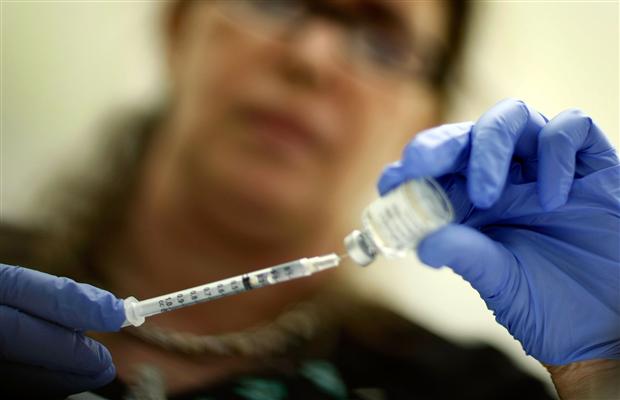
His remarks came as the Ministry of Health confirmed the 100th MERS case in the Kingdom.
The ministry has pledged to double its efforts to control the spread of the disease through continuous surveillance across the Kingdom.
The ministry reported four new cases on Wednesday, bringing the total to 100 cases, including 47 deaths.
A ministry official said two of the new cases were from Riyadh and the other two were reported in Madinah.
In Madinah, the victims included a 22-year-old male citizen who was in contact with a MERS patient and a 24-year-old male citizen working in the health sector in Madinah.
In Riyadh, two Saudi men, 60 and 47 years of age, had contracted the virus from MERS patients.
Dr. Ziad Al-Memish, undersecretary to the Ministry of Health for Public Health, told Arab News that the ministry had already advised people who had contracted the virus to postpone their pilgrimage.
He said the ministry would keep the people informed of any new developments.
Medical specialists are struggling to understand MERS, for which there is still no vaccine.
It also has an extremely high fatality rate of more than 51 percent.
It is considered a cousin of the SARS virus that erupted in Asia in 2003 and infected 8,273 people, nine percent of whom died.
The Ministry of Health recently traced MERS to bats in the Kingdom.
Scientists from the Kingdom and the US have found DNA matching the MERS virus in a sample taken from a bat in Saudi Arabia.
The study was initially conducted by a team of researchers from the Kingdom, as well as from Columbia University, who detected MERS in a bat near the home of a man who died from the disease. The team found a small fragment of the virus’s genes in the animal that matched those seen in the patient.
The study, headed by the Ministry of Health, was conducted from October to April. It was initially conducted on 76 bats from the areas, in which the virus cases were identified.








Comments
Add new comment